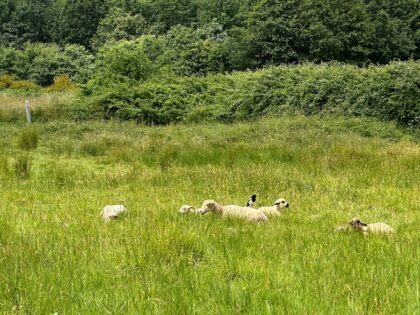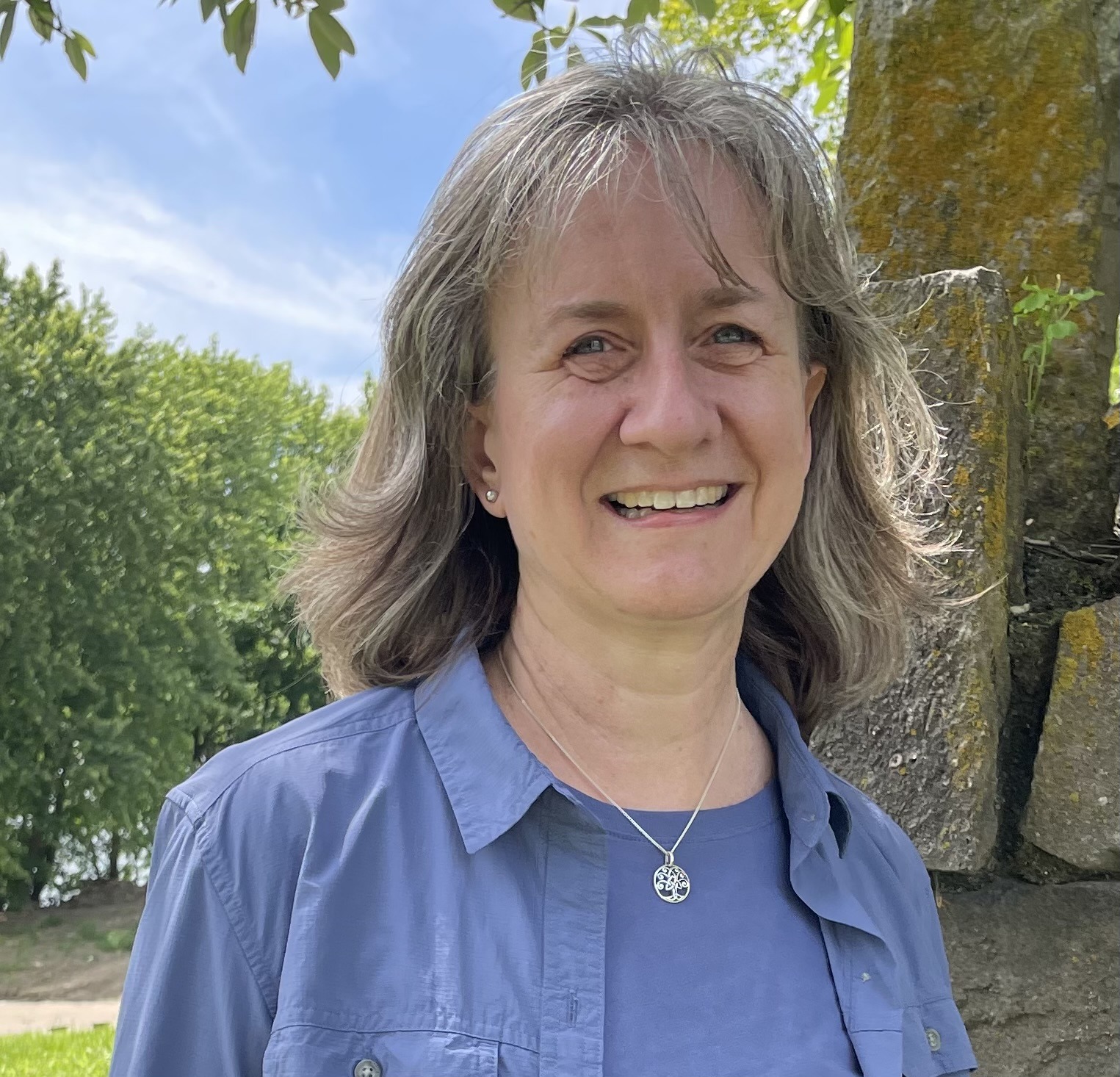What story is driving your life today on this scholar’s journey?
As humans, we are wired to make meaning and understand the world through narratives that connect the events, people, beliefs, and places in our lives. Neurobiology and neuropsychology confirm the physical reality of what we have known to be true. We are always living in and creating stories, whether we are aware of them or not. To know who we are as individuals and communities, we must know what story we are part of.
Whether you are a graduate student, post-doc, early career faculty, adjunct, or tenured faculty member, the narratives that surround you in your disciplines and institutions shape you.
- Are they of academic competition or collaboration?
- Are they of institutional scarcity or abundance?
- Are they of fear or love?
It’s likely that the stories you find yourself in are a mixture of these and more.
 What could it look like to become aware of the stories that are shaping us as we walk as pilgrims onto our campuses? This can be difficult when we are still enmeshed in familiar routines, but not impossible. Often on campus, we are defined by our degrees, our research, and our minds. Defined by our departments and the committees where we serve. Most of these things are good parts of our stories as we celebrate and explore God’s good creation.
What could it look like to become aware of the stories that are shaping us as we walk as pilgrims onto our campuses? This can be difficult when we are still enmeshed in familiar routines, but not impossible. Often on campus, we are defined by our degrees, our research, and our minds. Defined by our departments and the committees where we serve. Most of these things are good parts of our stories as we celebrate and explore God’s good creation.
Yet, they can quickly become idols and turn our souls from trusting God. To counter this, InterVarsity’s Faculty Ministry team has been inviting people along the scholar’s journey to a narrative we call the Four Faculty Loves. God calls us
- to love God and others
- to love the campus
- to love our academic disciplines
- to love the world
God’s love for us undergirds all these other loves. As these loves become the structure of our lives, our stories change. Take a moment to consider a familiar part of Mark’s Gospel in chapter six, the feeding of the 5,000.
 Jesus invited his close followers to come away and rest after they had experienced an intense time of ministry. However, when they arrived at the other side of the lake, a crowd had already formed. Jesus’s love for these people drew him to teach and turn from the original plan to get away. To him, these people seemed like lost sheep. But in the disciples’ narrative, they saw a huge crowd that needed food. The most logical thing was to send the people home. They didn’t have a way to gather enough food themselves. But Jesus was working in another narrative.
Jesus invited his close followers to come away and rest after they had experienced an intense time of ministry. However, when they arrived at the other side of the lake, a crowd had already formed. Jesus’s love for these people drew him to teach and turn from the original plan to get away. To him, these people seemed like lost sheep. But in the disciples’ narrative, they saw a huge crowd that needed food. The most logical thing was to send the people home. They didn’t have a way to gather enough food themselves. But Jesus was working in another narrative.
Jesus guided the disciples into this new story. Invite these people, these lost sheep, to sit down on the green grass. Offer the few loaves and fish found in the crowd to God and bless them. Jesus would feed them. Jesus would restore them. Jesus would set the table.
Sound familiar? The disciples’ narrative of scarcity turned into Jesus’ story of living out Psalm 23, of being the good shepherd.
What is the new story God is calling you to walk?
You may believe that at your current location along this journey, you can’t afford to veer from the narratives that are driving you. Too much is at stake. Or maybe, like the disciples, you are weary. But what if you took time to rest, to look out with compassion, to offer what you have? To find even small moments to sit down in the green grass and be fed by God?
Do you have a story about how stepping into the four faculty loves has made a change for you or others? If you would be willing to share it so that others may be encouraged, please email me at jamie.noyd@intervarsity.org or complete our writer survey to share your proposal(s).
Interested in more information about the Four Loves? Here’s a reading list of articles related to Loving God and one another.

Jamie serves with InterVarsity Graduate and Faculty Ministries as an Associate Director of Faculty Ministry and as interim Director of the Emerging Scholars Network. Among other things, in this work she enjoys the opportunity to put into practice her doctoral research in literary pilgrimage and training in spiritual direction. She also ministers with the local faculty community at the University of Cincinnati.

Leave a Reply